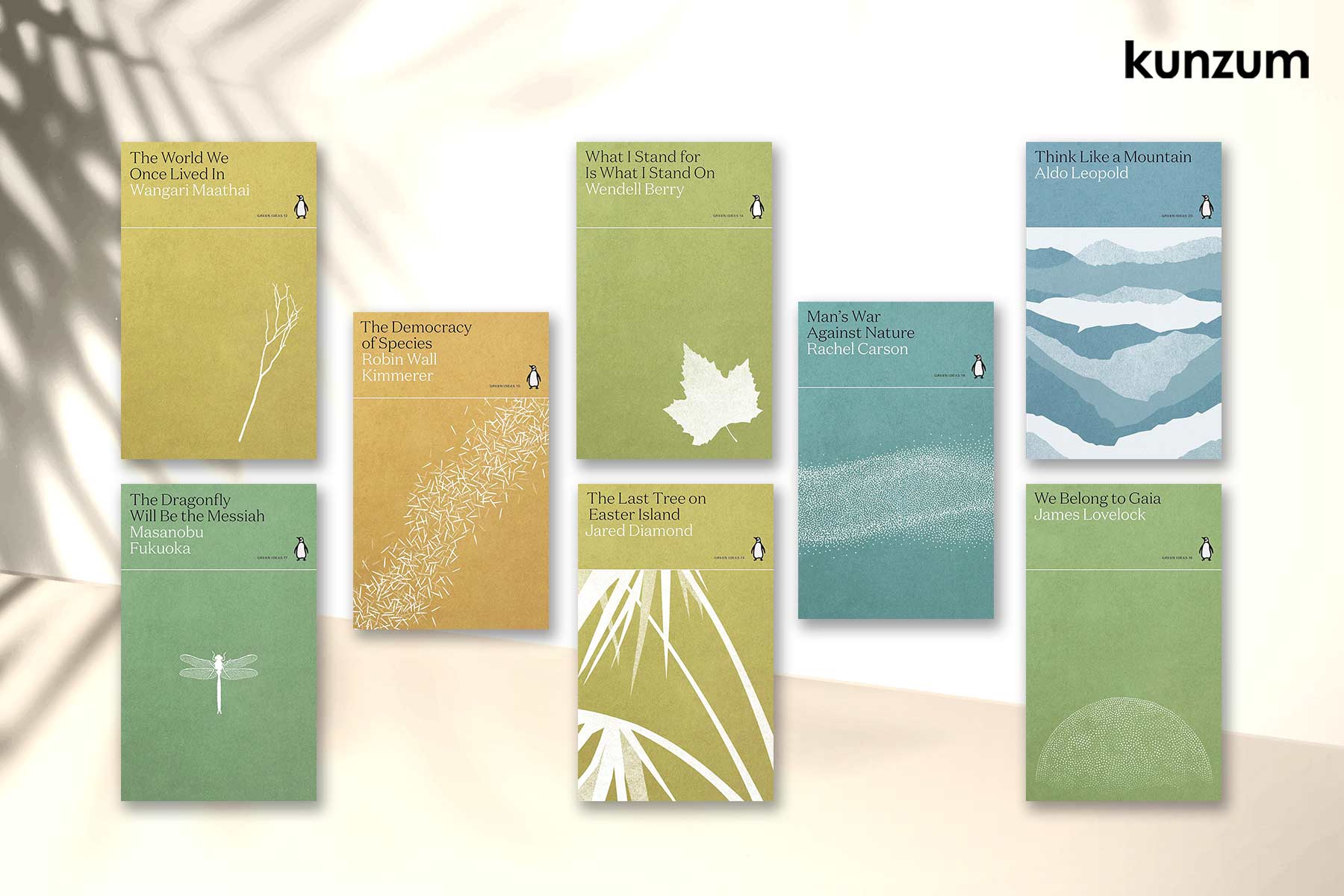
The Penguin Green Ideas Series offers delightfully skinny books that promise to change the way we think of the world as well as our place in it. Authored by experts in the field, from marine biologists and conservationists to traditional ecological knowledge keepers and radical farmers, the collection boasts of a plethora of resounding, impactful and evocative ‘green ideas’ that aspire to reinforce critical thinking as well as ecological empathy. A must-read, an easy-read as well as an extremely accessible read, these 8 books are sure to remind us of nature’s wonderful interconnectedness as well as our responsibility as part of an endangered whole.
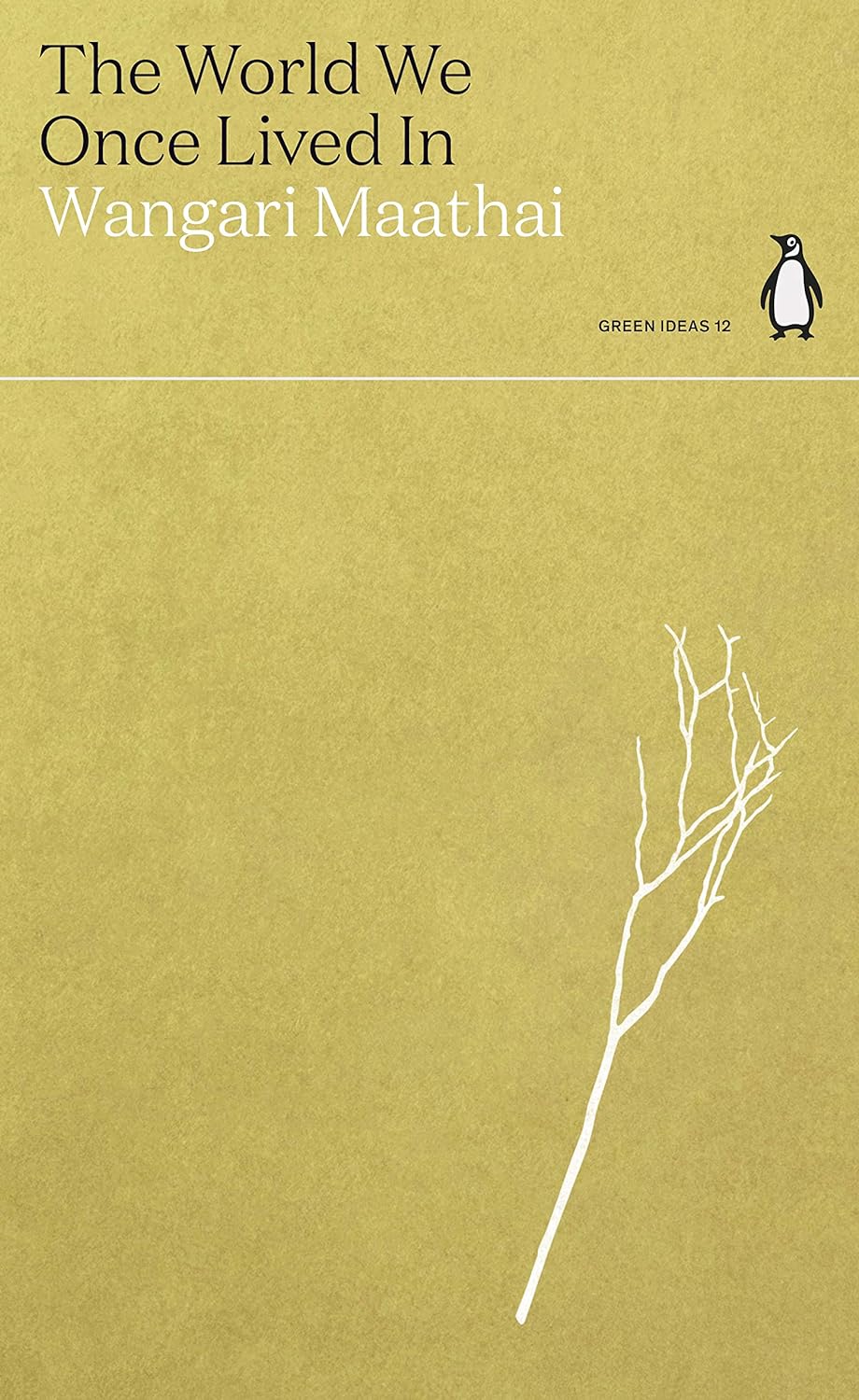
The World We Once Lived In by Wangari Maathai
The first African woman to win the Nobel Peace Prize, a Kenyan scientist and activist who passionately dedicated her life to environmental protection, women’s rights, and democracy, Wangari Maathai, founder of the Green Belt Movement, brings us “The World We Once Lived In”, a resounding call to action. Contrasting a cherished past of thriving natural life with the degraded present we currently occupy, Maathai highlights the consequences of environmental destruction. Drawing on the deep respect for trees in her Kikuyu culture, she argues that restoring our connection with the natural world is vital.
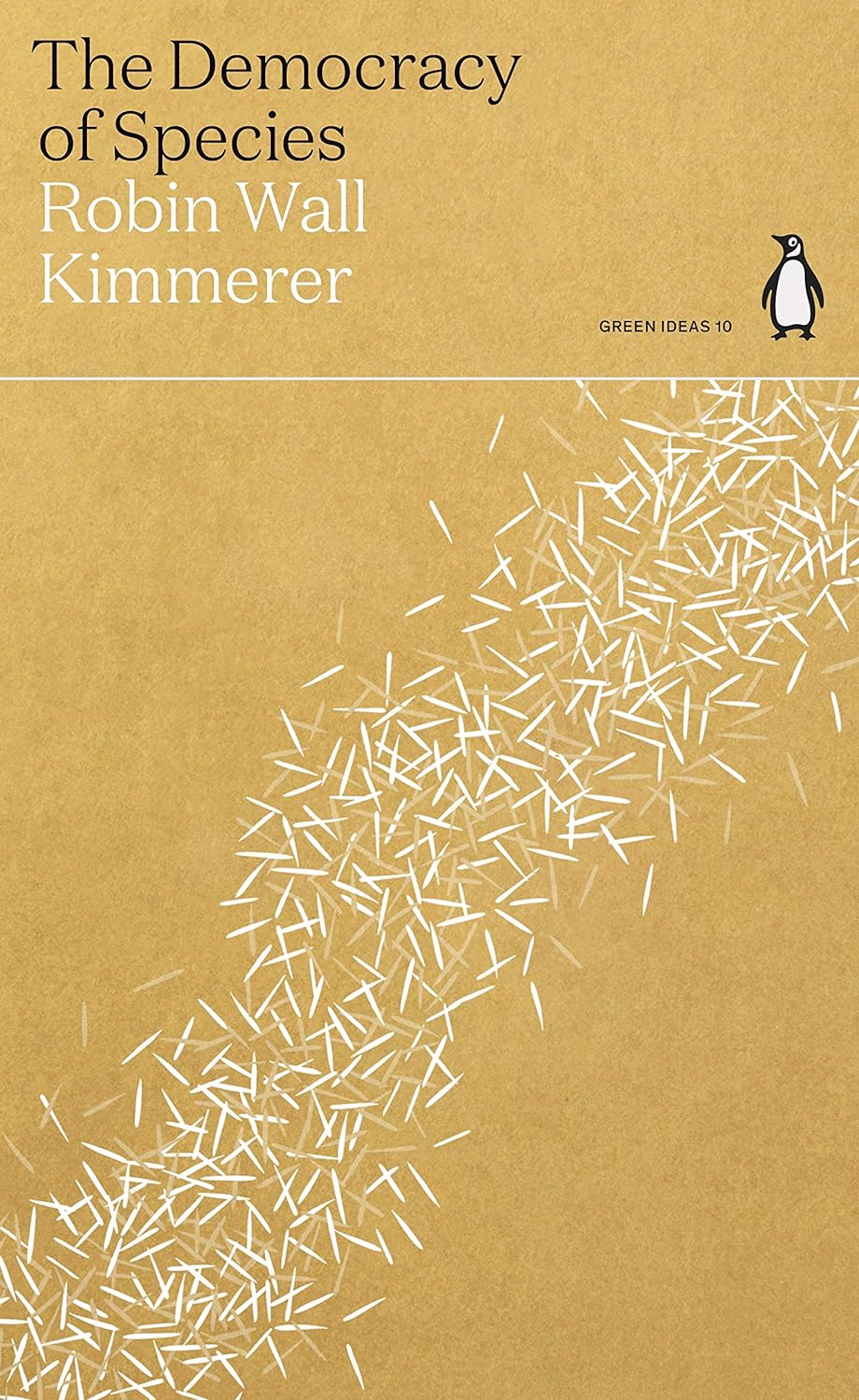
The Democracy of Species by Robin Wall Kimmerer
In “The Democracy of Species,” Robin Wall Kimmerer, a scientist, and member of the Indigenous Potawatomi Nation as well as a traditional ecological knowledge keeper, argues for a radical shift in how we view the natural world. She challenges the idea of humans as dominant and instead proposes a world where all living things – from plants to animals – hold inherent value and participate in a complex web of interdependence. Kimmerer’s call for reciprocity with the earth offers a powerful counterpoint to our exploitative habits, urging us to cultivate a more grateful and sustainable relationship with the planet.
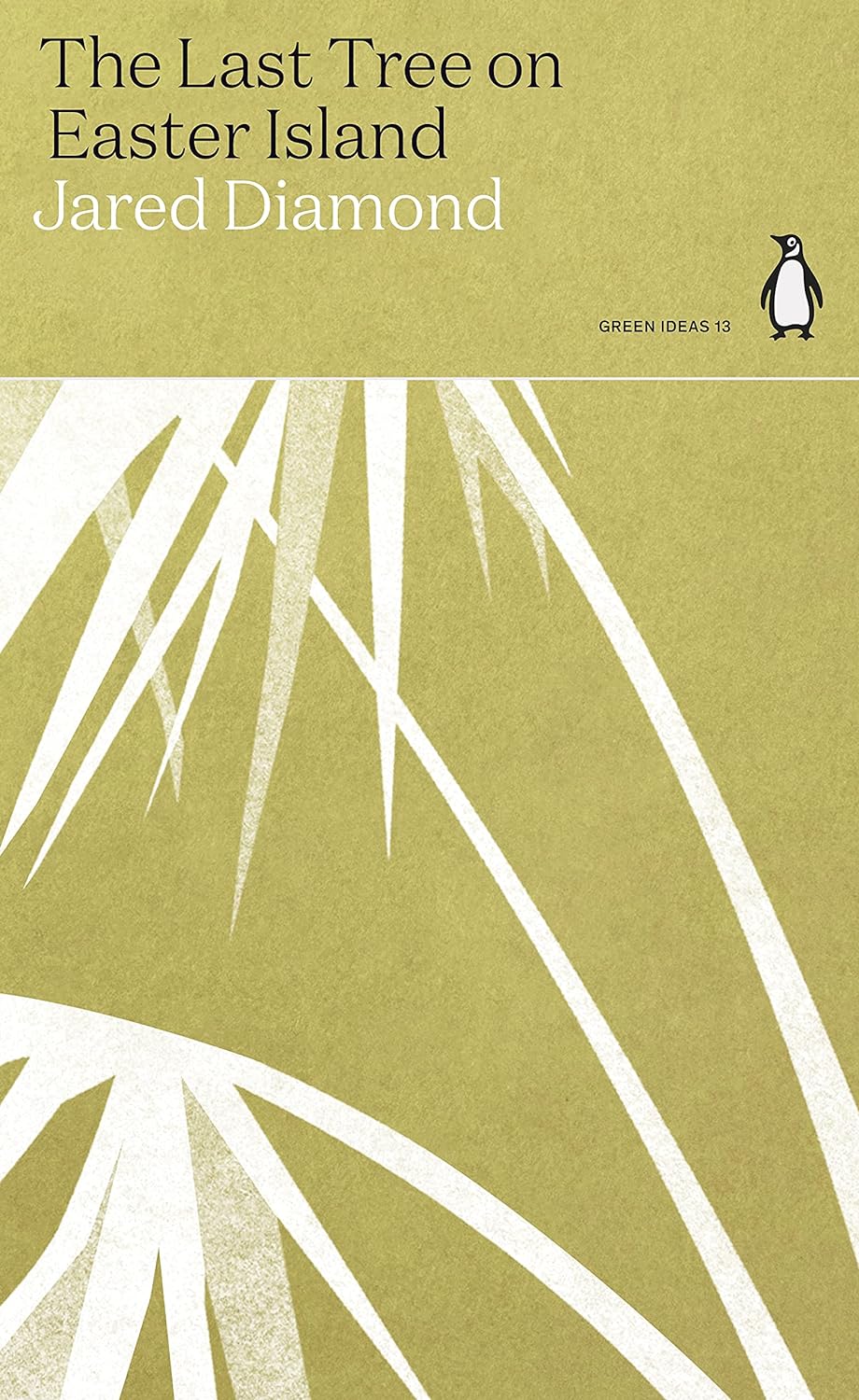
The Last Tree on Easter Island by Jared Diamond
In “The Last Tree on Easter Island,” Jared Diamond, a renowned scientist and author, uses the haunting Easter Island civilization as a cautionary tale. He argues that this society, known for its massive moai statues, collapsed due to environmental destruction. By overexploiting their limited resources, especially trees, they choked off their own survival. Diamond’s chilling analysis serves as a stark reminder of humanity’s capacity to damage the environment, urging us to learn from past mistakes to ensure a sustainable future.
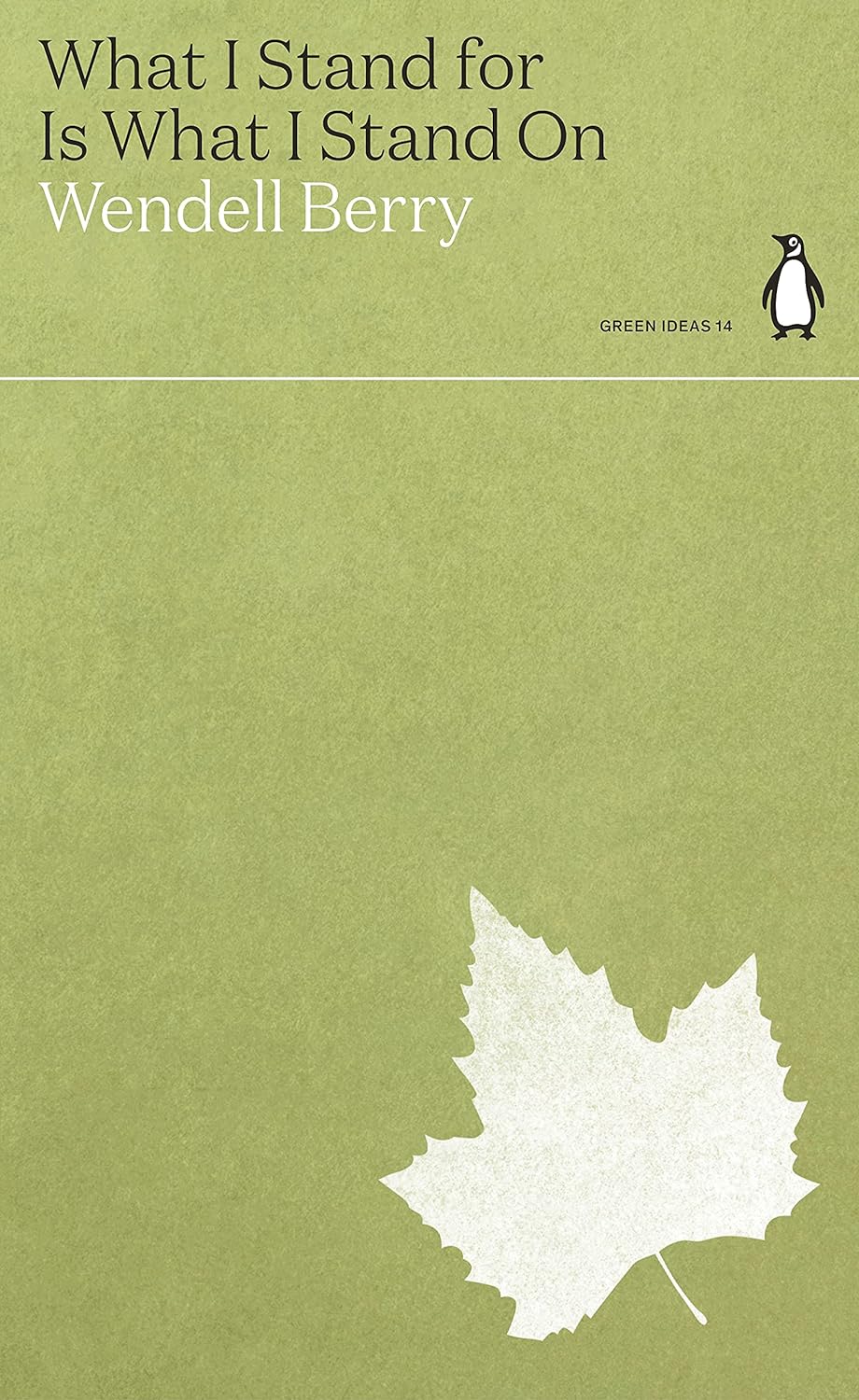
What I Stand for Is What I Stand On by Wendell Berry
Wendell Berry, a farmer and renowned voice for ecological well-being, explores our broken relationship with the earth in “What I Stand For Is What I Stand On.” This collection of essays, a gem of the environmental movement, argues for a radical shift. Berry, drawing on his agricultural experience, urges us to understand the land not just for its bounty, but for its needs. By fostering a sustainable local food system and respecting the earth’s limits, we can rebuild both our communities and our environment.
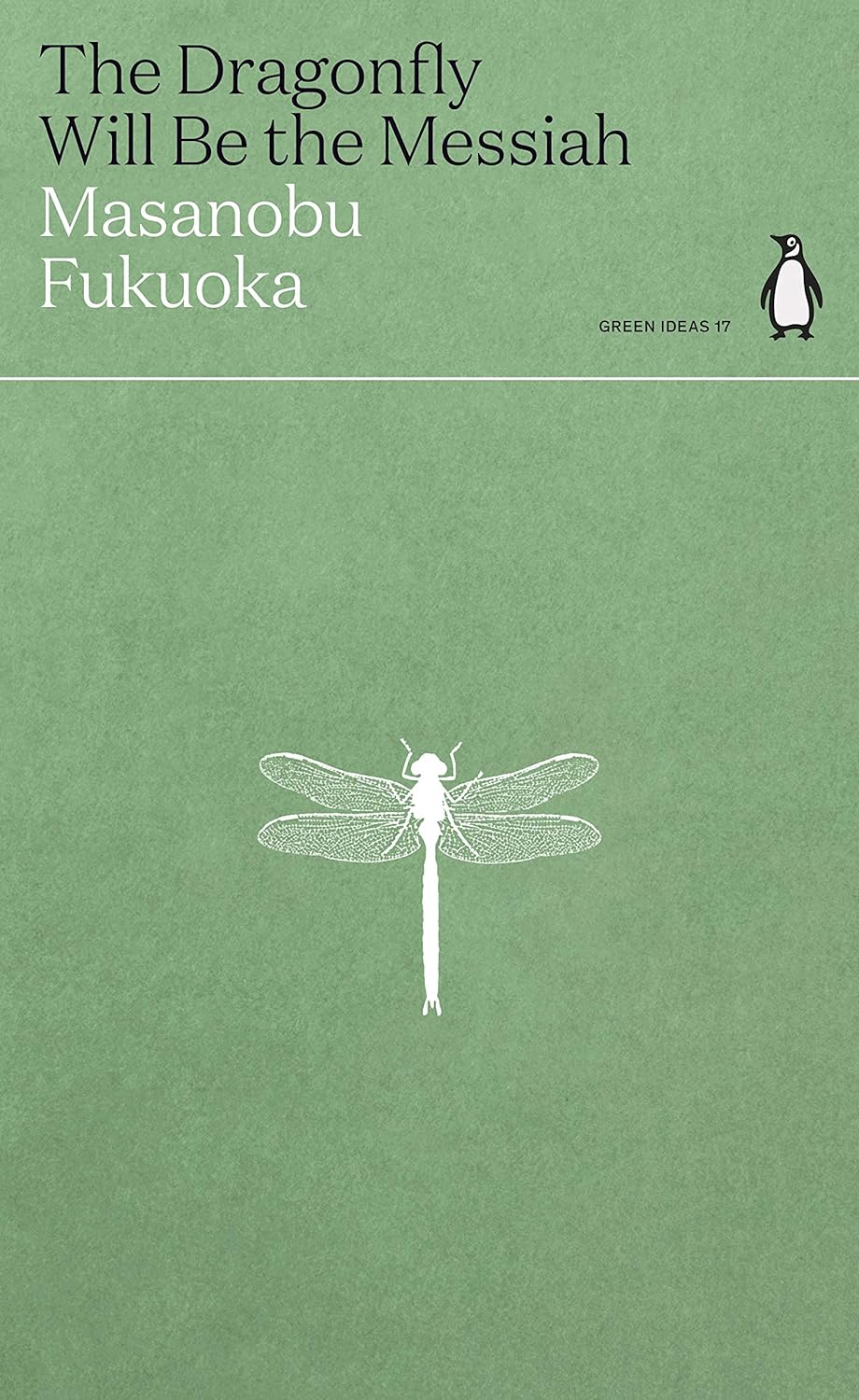
The Dragonfly Will Be the Messiah by Masanobu Fukuoka
“The Dragonfly Will Be the Messiah” is a call for ecological healing by Masanobu Fukuoka, a pioneering Japanese farmer and philosopher. Known for his “do-nothing” farming method, Fukuoka argues that industrial practices have harmed the environment. This slim green book urges a radical shift in perspective. By understanding nature’s inherent wisdom, Fukuoka believes we can restore balance and live in harmony with the Earth.
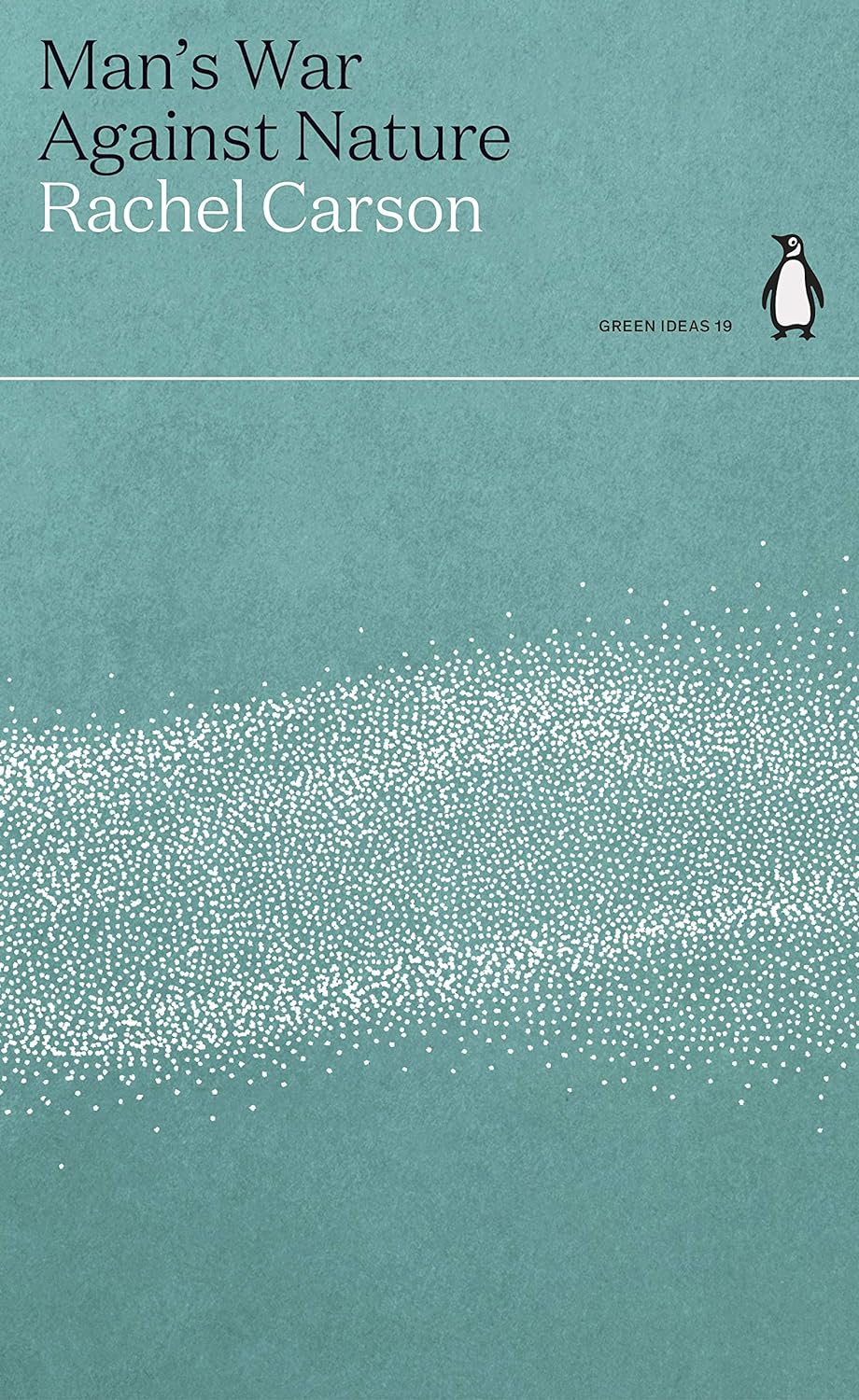
Man’s War Against Nature by Rachel Carson
“Man’s War Against Nature” is a powerful excerpt from Rachel Carson’s groundbreaking book, Silent Spring. Carson, a renowned marine biologist and conservationist, uses clear scientific evidence to expose the dangers of indiscriminate pesticide use. This concise yet impactful piece reveals how these chemicals disrupt the delicate balance of nature, harming wildlife and potentially impacting human health. As a pioneer of the environmental movement, Carson’s work in “Man’s War Against Nature” serves as a crucial reminder of our interconnectedness with the natural world and the importance of responsible practices.
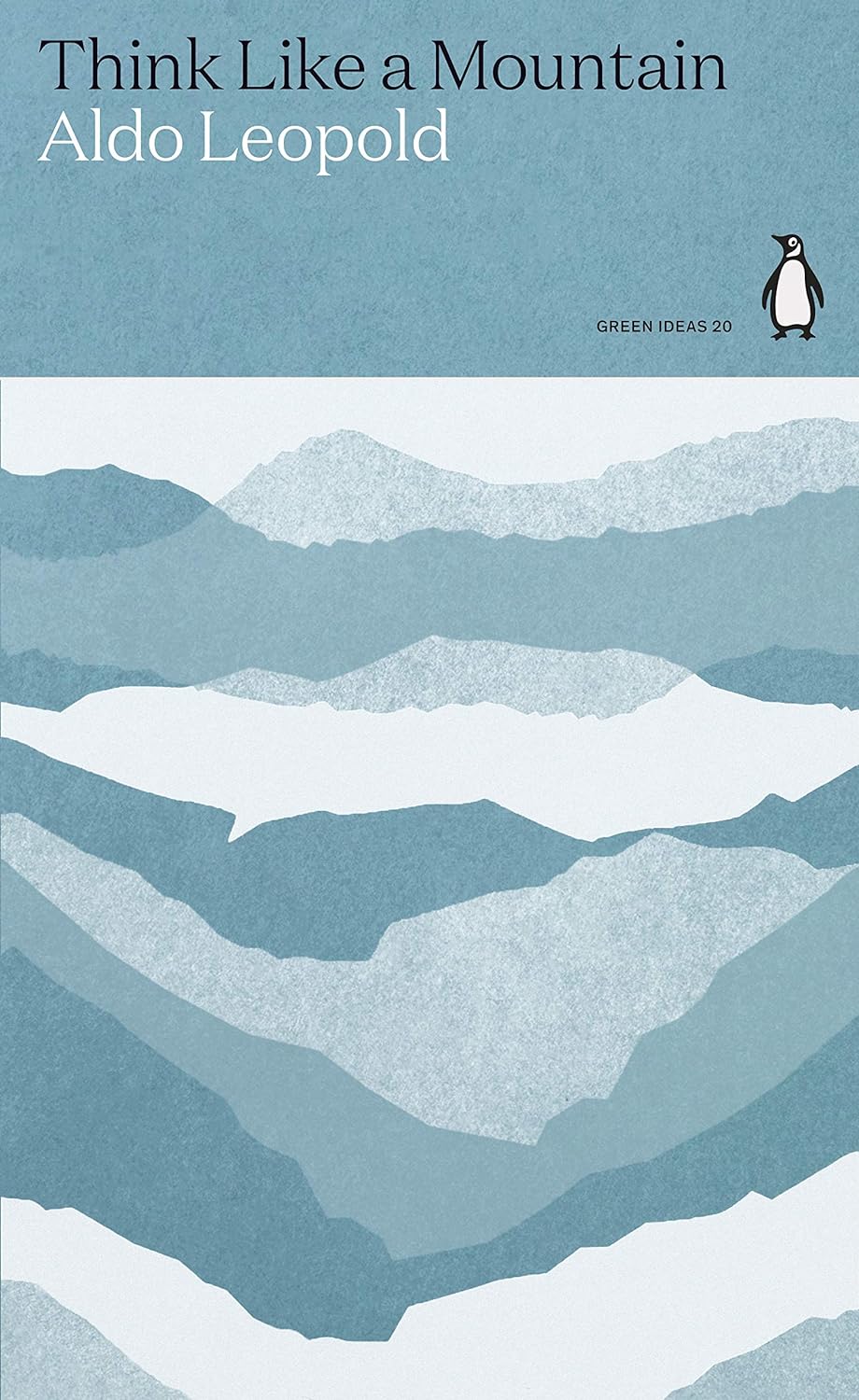
Think Like a Mountain by Aldo Leopold
Aldo Leopold, a renowned forester and conservationist, penned “Think Like a Mountain” as a call for a new way of understanding nature. The essay, from his collection “A Sand County Almanac,” argues that humans, focused on immediate gain, disrupt ecological balance. Leopold, drawing on his experience, highlights how removing predators like wolves can have unintended consequences, leading to environmental damage. By urging us to “think like a mountain,” he emphasises the need for a long-term perspective and a deep respect for the interconnectedness of all living things. This short but powerful essay remains a foundational text in the environmental movement.
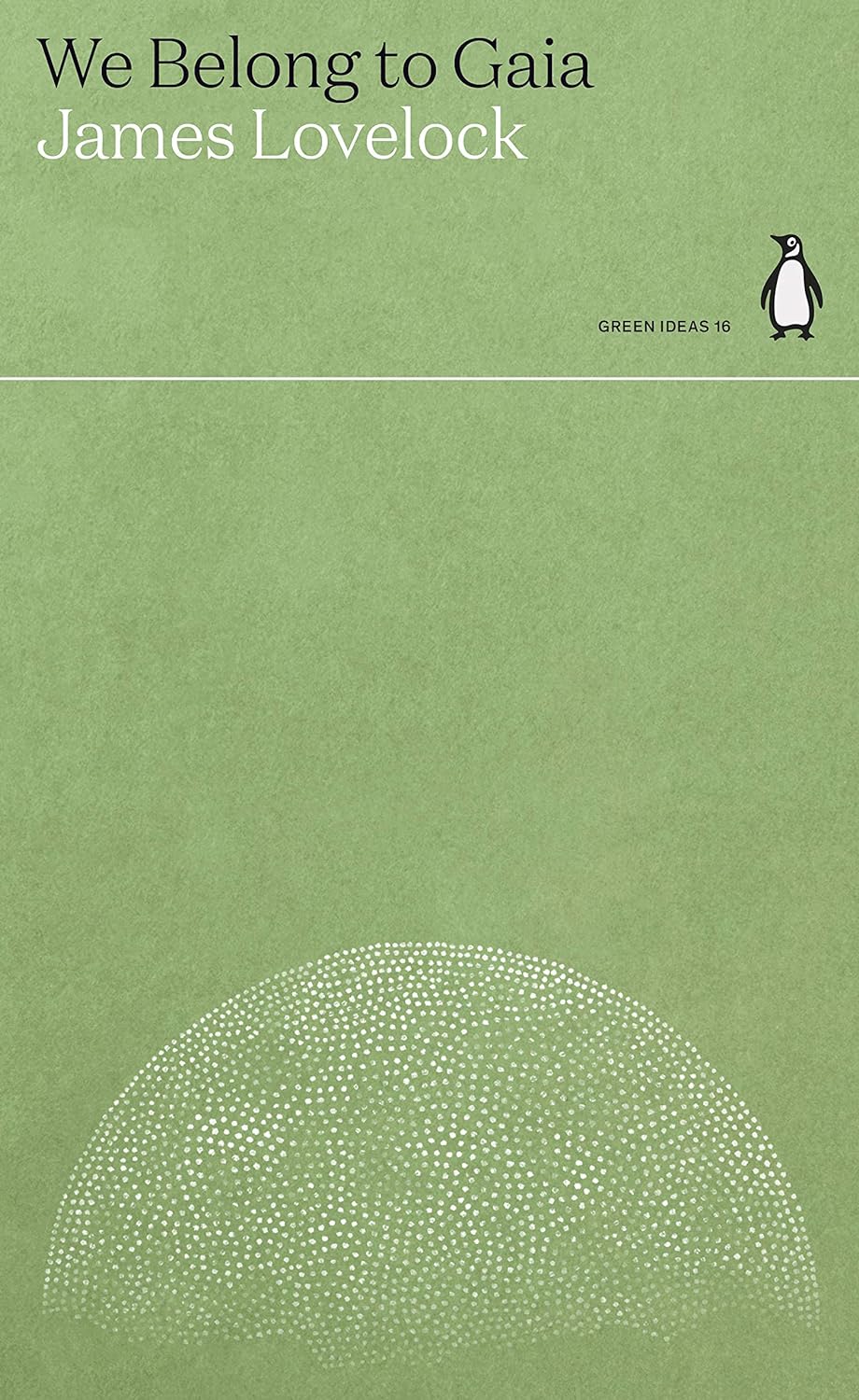
We Belong to Gaia by James Lovelock
In “We Belong to Gaia,” James Lovelock, the scientist who originated the Gaia Theory, argues Earth is a self-regulating system where life and the environment interact to maintain a habitable planet. Drawing on his decades of experience in environmental science, Lovelock warns that human actions are pushing Gaia towards a tipping point. This concise book from the Penguin Green Ideas series offers a critical message: we must change course to ensure a healthy planet for ourselves and future generations.
Pick up any one of these 8 Books From The Penguin Green Ideas Series from any Kunzum store or WhatsApp +91.8800200280 to order. Buy the book(s) and the coffee’s on us.
